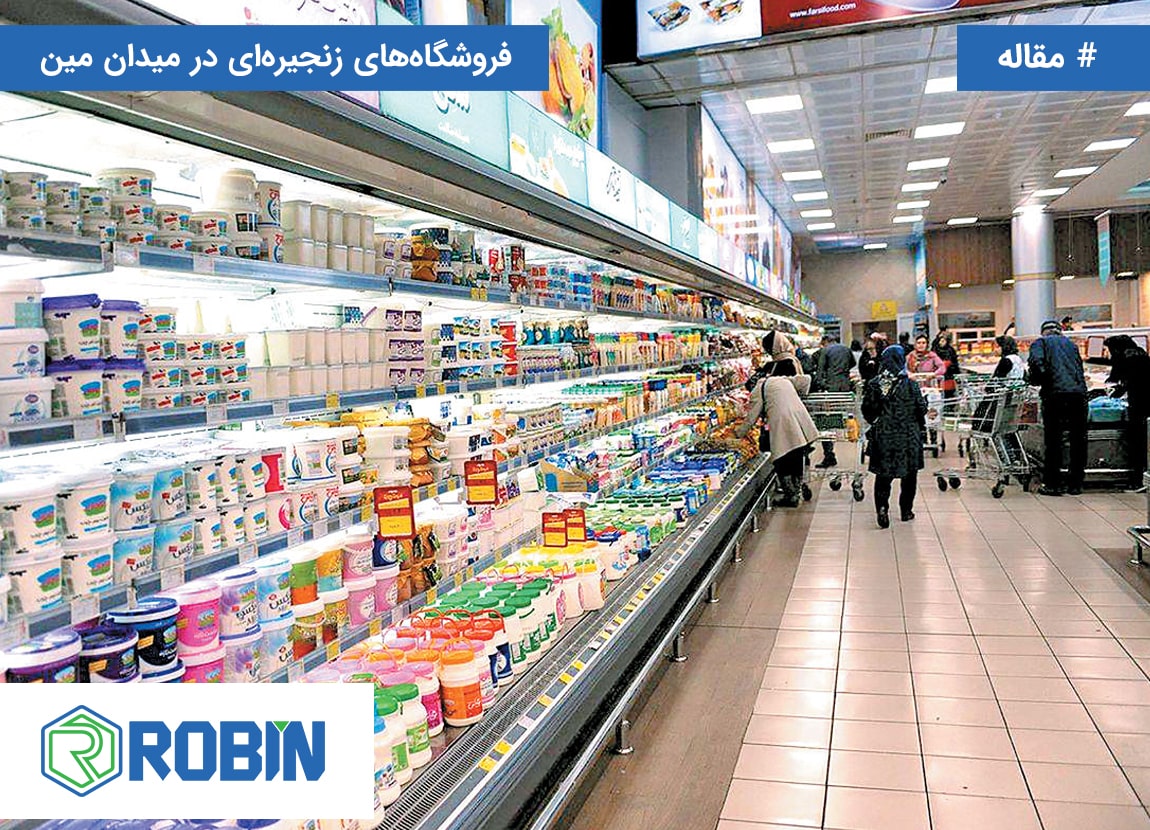Annual 3PL Study issued at CSCMP EDGE focuses
- مقالات
- Annual 3PL Study issued at CSCMP EDGE focuses

Annual 3PL Study issued at CSCMP EDGE focuses on COVID-19 impact and logistics outsourcing
A major theme of the 2021 25th Annual Third-Party Logistics Study, which was released today at the Council of Supply Chain Management Professionals (CSCMP) EDGE virtual conference today, focused on how supply chains have a clear focus on reinventing themselves, in light of the ongoing COVID-19 pandemic. This survey was again released and created and supported by Infosys Consulting, Penn State University, and Penske Logistics. And its findings were based on feedback from several hundred usable responses from shippers, or users of 3PL services, and non-users of 3PL services, as well as 3PL sector respondents
A major theme of the 2021 25th Annual Third-Party Logistics Study, which was released today at the Council of Supply Chain Management Professionals (CSCMP) EDGE virtual conference today, focused on how supply chains have a clear focus on reinventing themselves, in light of
the ongoing COVID-19 pandemic
This survey was again released and created and supported by Infosys Consulting, Penn State University, and Penske Logistics. And its findings were based on feedback from several hundred usable responses from shippers, or users of 3PL services, and non-users of 3PL services, as well as 3PL sector respondents
Once again, the study highlighted the shipper-3PL relationship metric served as a key dynamic in its findings, with 91% of shippers indicating that the relationships they have with 3PLs have generally been successful, with 99% of 3PLs indicating that their customer relationships have seen success overall
What’s more, it observed that 88% of shippers and 99% of 3PLs concur that 3PL usage has resulted in “improving service to the ultimate customers,” with 76% of 3PL users and 92% of 3PL providers agreeing that 3PLs do provide new and innovative ways to improve logistics effectiveness. And 68% of 3PL users and 96% of 3PL providers note that leveraging 3PLs has translated into reducing overall logistics costs
Logistics outsourcing again served as a key benchmark within the study, with feedback pointing to domestic transportation (74%), as the most prevalent activity outsourced by shippers, followed by warehousing (63%), international transportation (62%), customs brokerage (49%) and freight forwarding (49%
Shippers, also known throughout the study as users of 3PL services, continue to have high expectations of what they need from logistics and supply chain service providers, and providers are responding with increased technological and digital capabilities, improved service levels and greater efficiency,” the study explained. “At the same time, supply chains are being impacted regularly by changes and advances in several critical areas, including alignment, relationships and shared values, core competencies, and matching supply and demand
Addressing the impact of COVID-19 on 3PLs and shippers, the study said that 58% of shippers reported a reduction, of at least 25%, for supply chain operations, not including administrative or corporate shutdowns, with 6% reporting total supply chain shutdowns, whereas 15% said that they are exceeding normal operations. And, in terms of sector areas most impacted by the pandemic, the study pointed to international transportation and logistics, at 46%, manufacturing, at 46%, supplier network and being able to restock from key suppliers, at 39%, and labor/workforce management, at 39%
As for 3PLs, the study said the areas most impacted were labor/workforce management, at 54%, domestic transportation and logistics, at 45%, international transportation and logistics, at 40%, and customer network with customers being unable to accept orders, at 32%. And it added that around one-third of shippers stated that they dealt with contracted services-related disruption from at least one or more 3PL partners
Other key findings from the 2021 25th Annual Third-Party Logistics Study follow below
the future of an outsourced supply chain includes the customer (shipper) and their 3PL moving closer to a strategic relationship and further away from a transactional one. Study respondents indicated that 71% of shippers and 83% of 3PLs are on the same page towards identifying changes in macro-environments and to modify and enhance supply chain capabilities. In addition, 92% of 3PL users and 96% of 3PL providers agree that supply chains are evolving into complex networks. Across the next five years, shippers predicted that strategic relationships with their 3PLs would increase to 45% (from the current 28%
more technology equals a more robust supply chain. The majority of shippers indicated they are utilizing technology for these types of planning: Supply (89%), demand (83%), sales/operations (78%) and capacity (61%). Third-party logistics providers are further along in mobile technology, with increased usage of smartphones, tablets, wearables and other handheld devices. The majority of shippers are using dashboards and related tools in their operations for real-time access, while 48% noted they have systems in place to organize and access that data for reporting purposes, and 45% stated they collect real-time data across more than half of their supply chains
the COVID-19 effect is very real. A majority of companies (58%) answered that they saw at least a 25% reduction in supply chain operations and 6% stated they experienced a total shutdown. Impacted areas were different for shippers and their logistics providers. The two biggest shipper areas were international transportation/logistics (55%) and manufacturing (46%). For 3PLs, the largest problem areas were labor/workforce management (54%) and domestic transportation/logistics (45%). Among shippers, roughly 46% believe that recovery will take place in less than three months (the survey closed on July 31
risk management is always vital, but it became extra important during the pandemic. Among respondents, 51% of shippers were confident their companies possess a comprehensive risk management process. Additionally, 45% of shippers stated that their risk management coverage extended into multiple layers of suppliers downstream and upstream. Over a third of shippers (37%) forecasted that future supply chains would rely less on global capabilities and more on domestic or local capabilities; 49% of 3PLs answered this way as well
are supply chains too lean? Will there be more nearshoring? Is there even more e-commerce to account for? When asked if supply chains are too lean, 42% of shippers agreed while 49% disagreed with the notion; the remaining respondents were unsure. While globalization is an industry mainstay, recent occurrences have sparked talk of further nearshoring in order to retain a dynamic and responsive supply chain. According to the U.S. Department of Commerce, consumers spent over $601 billion online last year, a 14.9% increase from the previous year. Online grocery sales have seen significant growth since March
- ROBIN
- ۵ مهر ۱۳۹۹
- ۸:۰۳ قبل از ظهر
- بدون نظر



